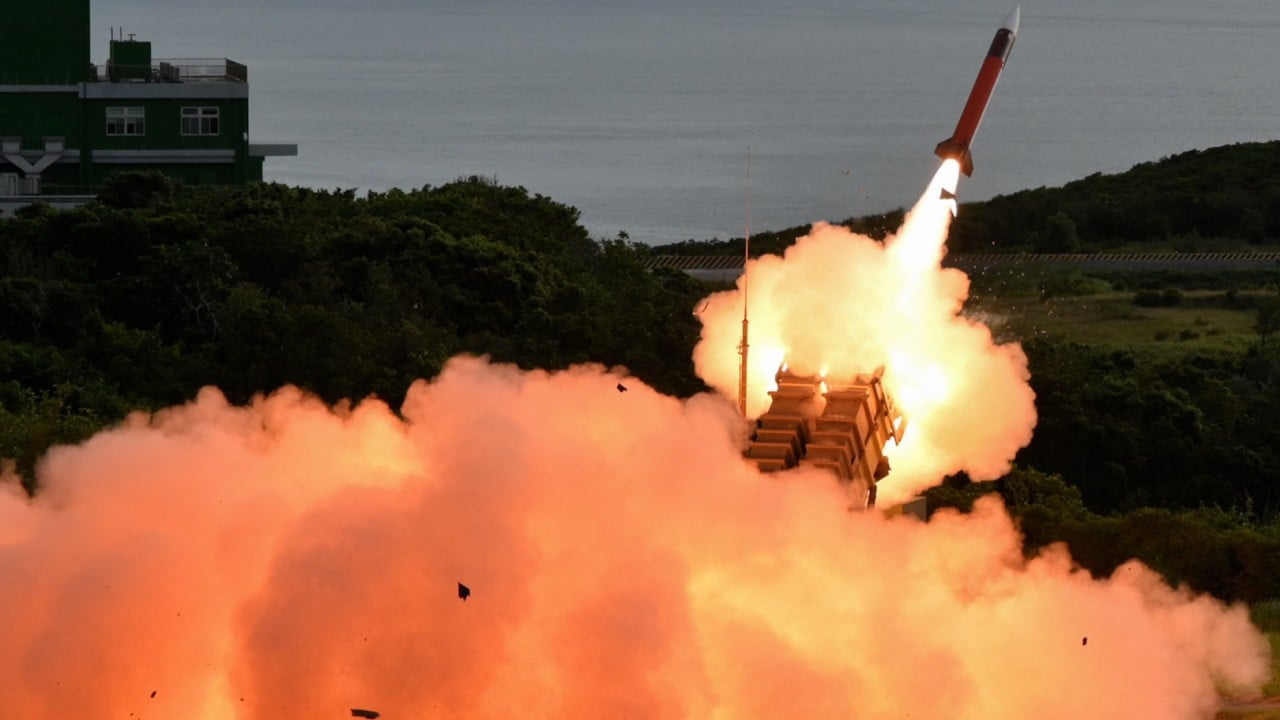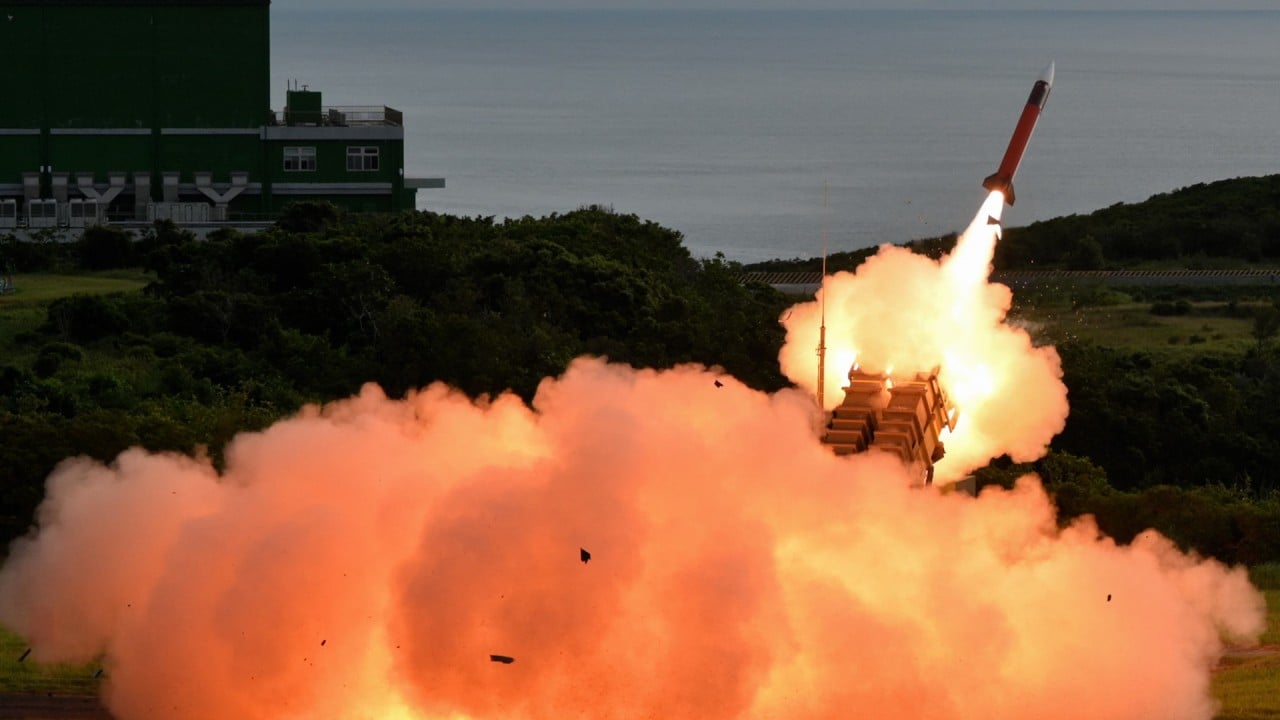Taiwan will be among the top strategic security concerns Beijing officials will raise this week when Jake Sullivan becomes the first US national security adviser from the Biden administration to visit the Chinese capital.
Sullivan will be in Beijing from Tuesday until Thursday for a new round of “strategic dialogues” with Chinese Foreign Minister Wang Yi.
It will be the fifth meeting overall between the high-ranking officials and their first since January when they held talks in Bangkok, Thailand.
Yang Tao, head of the ministry’s North American and Oceanian affairs department, said on Sunday the meeting was also a chance to gauge progress on agreements reached in San Francisco in November between Chinese President Xi Jinping and his US counterpart Joe Biden.
“[It] is an important means for both sides to implement the consensus reached during the meeting between the two heads of state in San Francisco,” state news agency Xinhua quoted Yang as saying.
Yang said that since the summit, diplomatic, economic, law enforcement and climate change teams had maintained communication, as had the Chinese and US militaries. Exchanges between the two peoples were also increasing.
“Meanwhile, the US continues its strategy of containment and suppression against China, to which China has firmly responded. Sino-US relations remain at a critical juncture, trying to stabilise after a period of decline,” he said.
The Xinhua report said Sullivan and Wang were expected to discuss the “boundaries between national security and economic activities” as well as major international and regional issues such as the Ukraine war, the Middle East, and especially Taiwan.
“China will focus on expressing serious concerns regarding the Taiwan issue, development rights, and China’s strategic security, clarifying its stern position and making serious demands,” the report said.
Beijing has consistently asserted that Taiwan is a core national interest – labelling any moves towards formal independence as crossing a “red line”. Beijing has demanded that the US adhere to the one-China principle and uphold commitments made through previous joint communiques.
Beijing regards Taiwan as a part of China to be reunited by force if necessary. Most countries, including the US, do not recognise self-governed Taiwan as an independent state, but Washington is against any move to take it by force and is committed to arming the island.
The two officials are also expected to cover major economic tensions, from trade tariffs and investment restrictions to retaliatory sanctions.
On Friday, the US Department of Commerce announced the addition of 105 Chinese and Russian entities to its export control list, claiming that imports from China were “filling critical gaps in Russia’s defence-production cycle and bolstering its military-industrial base”.
China’s Ministry of Commerce hit back on Sunday, saying it strongly opposed the decision.
“The US approach is a typical example of unilateral sanctions and ‘long-arm jurisdiction’, which undermines international trade order and rules, obstructs normal economic and trade exchanges between countries, and affects the security and stability of global industrial and supply chains,” the ministry said.
“China urges the US to immediately stop these erroneous practices and will take necessary measures to resolutely safeguard the legitimate rights and interests of Chinese enterprises.”
Beijing also urged the US to “stop politicising and securitising economic and trade issues”.
China has never condemned Russia’s attack on Ukraine and has been criticised by the West over its stance on the war. Yang repeated China’s position of advocating for peace and political solutions while opposing unilateral sanctions and coercive actions by the US. China would continue to take strong measures to protect its interests, he said.
He made similar comments about the Middle East, saying China was committed to promoting peace, “especially supporting the Palestinian people in restoring their legitimate national rights”.
On the South China Sea, Yang said that China’s territorial sovereignty and maritime rights were supported by “historical and legal evidence”, and neighbouring countries had the “confidence, wisdom and ability” to manage the issues in the region. “Countries outside the region should not provoke confrontation or exacerbate tensions,” he warned.
A senior US administration official said on Friday that Sullivan would address US concerns about Beijing’s support for Russia’s defence industry and activities in the South China Sea, alongside discussions on global issues such as North Korea, the Middle East, Myanmar and Taiwan.
There would be discussions about a potential meeting between Xi and Biden later this year, the official added.
“This is an intensely competitive relationship … We are committed to managing this competition responsibly, however, and prevent it from veering into conflict,” the official said.



